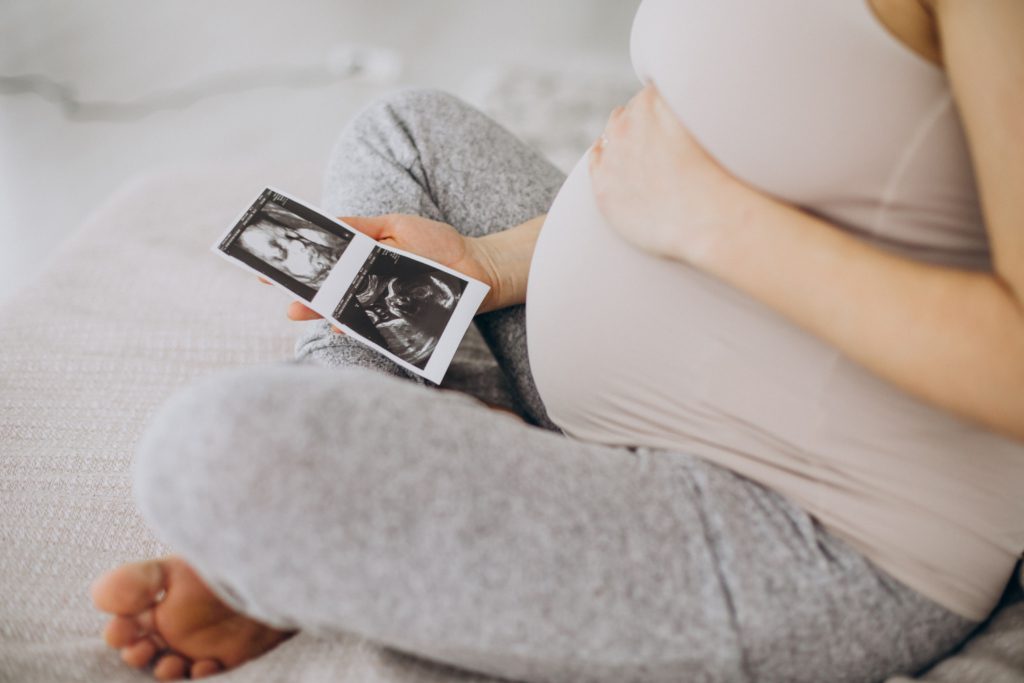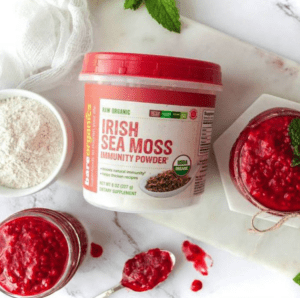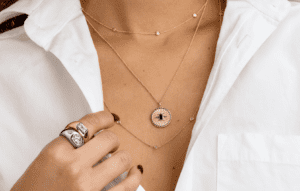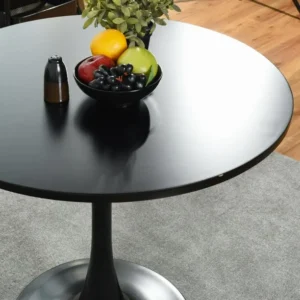We hope you love the products we recommend! Just so you know, Trendy Mami may collect a share of sales or other compensations from the links on this page.
–
Many women around the world have started to turn to sea moss for fertility. However, there are different claims online as to whether it can actually increase your chances of having a baby. In this article, we’ll walk through sea moss fertility benefits and if it’s the right supplement for you.
What is sea moss?

Sea moss is commonly found in the Atlantic and Caribbean Oceans. Despite its name, sea moss is actually not a moss. It’s a marine alga, very similar to the seaweed you find in the ocean.
It’s been used as a superfood for decades, thanks to its high nutrient and vitamin count. In fact, sea moss contains 92 out of the top 102 minerals we have in our body! In addition to helping with infertility, sea moss also has many other health benefits. Studies have also shown that sea moss can improve your immune system and reduce your chances of getting Parkinson’s disease.
What does sea moss do?

Sea moss claims to affect fertility in both men and women. In the Caribbean, sea moss is used as an aphrodisiac which is believed to increase testosterone levels and sperm count in men. It also includes certain vitamins and nutrients (specifically iodine, iron, and folate) that can help make women more fertile.
Here are a few of the main ingredients in sea moss that can impact fertility:
Iodine
Many types of seaweed, including sea moss, contain iodine. This nutrient is important for pregnant women and women trying to conceive. A low iron count can cause hypothyroidism, which may impact your chances of getting pregnant. However, taking too much iron can also cause irregular thyroid growth.
Folate
Some studies have shown that folate can increase a woman’s chances of conceiving. Ideally, women trying to get pregnant should be getting 400 to 1,000 micrograms (mcg) of folate each day. Every 100-grams of sea moss contains 182 mcg of folate.
Iron
Iron is one of the most prominent minerals in sea moss. For every 100 grams of sea moss, you’ll get 9 milligrams of iron. The current recommendation of iron intake for women is 27 mg, so sea moss may only help with a small portion of what you need. However, the supplement can help if you don’t eat iron-rich foods like shellfish, red meat, or legumes.
Where to buy sea moss
Sea moss supplements can be found online and in retail stores. Although it’s not necessarily advertised as a fertility treatment, you can find sea moss at Swanson as a dietary supplement or as a thickener.
For example, this Irish Sea Moss power from Target can be easily mixed in with soups, stews, or baked goods. It’s a good thickening agent that also has many nutritional benefits.
Should I take sea moss for fertility?
While many people agree with sea moss fertility benefits, the claims are difficult to prove. The nutrients in sea moss can make you healthier, which may have an impact on your fertility. However, there have not been any scientific studies that show it has a significant influence on one’s ability to reproduce.
Infertility is not an easy problem to solve. Reproductive health differs from person to person, which means there isn’t a cure-all solution. So, while sea moss hasn’t been proved to help with fertility, it can act as a health supplement to support your overall wellbeing. If you’re not getting enough iron, folate, or iodine in your diet, then you might benefit from sea moss.
Whether you’re taking sea moss for fertility or as a nutritional supplement, make sure that you don’t exceed the recommended dosage. And remember, while supplements can help, they can’t replace a healthy diet of fruits and vegetables. Overall wellness is crucial if you’re hoping to get pregnant.













